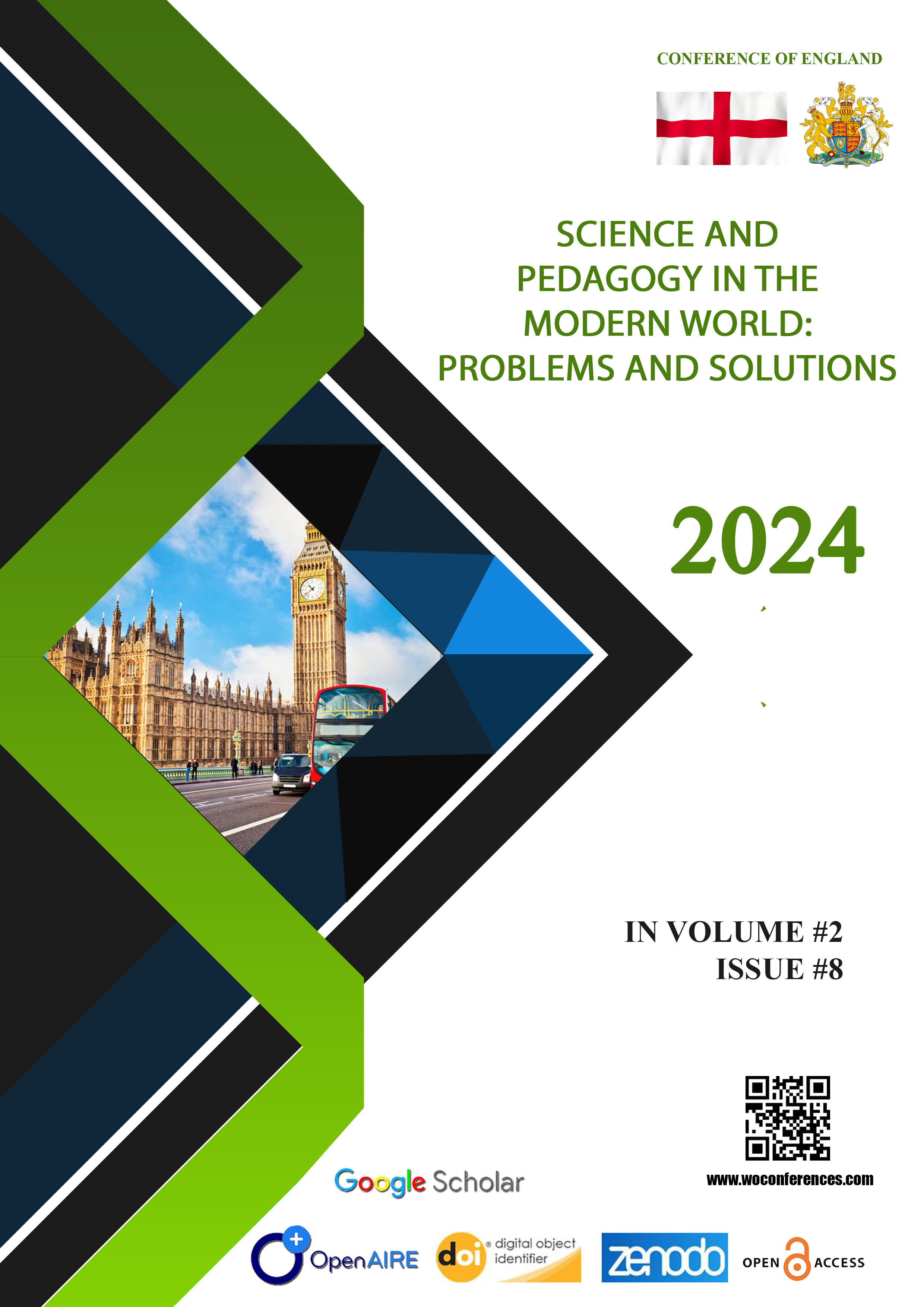DIGITAL PEDAGOGY: EFFECTIVE TEACHING METHODS FOR GENERATION Z
Abstract
Today, the widespread integration of digital technologies into the field of education necessitates the renewal and improvement of teaching methodologies. Digital pedagogy is recognized as one of the most effective approaches for stimulating students’ interest in the natural sciences, deepening their conceptual understanding, and reinforcing their knowledge.
A modern educator is no longer merely a transmitter of information, but also a mentor, guide, and motivator. This shift is especially crucial when working with today’s students — the representatives of Generation Z, who possess an entirely different way of thinking. They have grown up in a technological environment, are accustomed to a constant flow of information, and prefer practical, hands-on approaches.
In such circumstances, the traditional “teacher speaks – student writes” model is losing its effectiveness. This situation compels educators to adopt new approaches and innovative methods.
References
1. Nishonaliyev, U. (2000). Problems and Solutions of New Pedagogical and Information Technologies. Pedagogical Education, No. 3, p.11.
2. Suyunov, D. A. (2024). The Role of Mental Arithmetic in Developing Logical Thinking in Primary School Students While Teaching Mathematics. International Scientific-Practical Conference “Primary Education: Effective Practices, Problems, and Prospects”, May 17–18, 2024.
3. Suyunov, D. A. (2022). Improving the Methodology of Using the Heritage of Central Asian Thinkers in Forming Environmental Thinking. Muallim Hem Uzluksiz Bilimlendirio‘ Journal, No. 3/2.
4. Suyunov, D. A. (2022). Methodology of Using the Heritage of Central Asian Thinkers in Developing Environmental Thinking in Primary School Students. Tashkent: Innovatsiya-Ziyo, p. 60.
5. Papert, S. (1993). The Children’s Machine: Rethinking School in the Age of the Computer. Basic Books.
6. Dede, C. (2009). Comparing Frameworks for 21st Century Skills. In Bellanca & Brandt (Eds.), 21st Century Skills. Solution Tree Press.
7. Voogt, J. & Roblin, N. P. (2012). A Comparative Analysis of International Frameworks for 21st Century Competences. Journal of Curriculum Studies, 44(3), 299–321.









